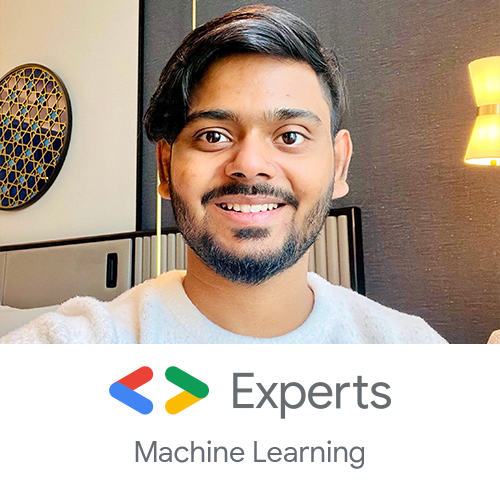Gen AI Trends Part 3 - Long Context LLMs
Feb 23, 2024
•3 minute read•1110 views
Traditional LLMs have redefined natural language processing, yet their capabilities can be limited by short context windows – the amount of text they can process at a time. Google's Gemini 1.5 Pro showcases a breakthrough: handling an astounding context window of up to 1 million tokens. This leap in context handling enables new paradigms in how LLMs interact with and understand information.
Why Long Context Matters
Complex Relationships: Longer texts contain complex dependencies, nuances in argumentation, and subtle relationships that are difficult to capture within a limited context window. Long-context LLMs can untangle these intricacies more effectively.
Document-Level Understanding: Processing entire documents or extensive conversations enables LLMs to build a holistic understanding, improving summarization, question answering, and the identification of key themes across extended narratives.
Knowledge Integration: The ability to reference and reason over large amounts of background knowledge, such as a research corpus or company records, will be a game-changer for LLMs operating in specialized domains.
Technical Challenges of Long-Context LLMs
Achieving a 1-million-token context window isn't just about brute force scaling. Here are some core challenges facing long-context LLM development:
The Curse of Quadratic Complexity: Self-attention in Transformer models has a computational complexity of O(N²), where N is the sequence length. A million tokens bring a massive computational burden.
Memory Constraints: Storing attention matrices across millions of tokens quickly becomes infeasible in terms of memory on standard hardware.
Vanishing Gradients: Longer sequences exacerbate the problem of vanishing gradients during training, making it difficult to propagate learning signals across the entire length.
Innovations in Long-Context Understanding
Researchers are tackling these challenges with clever techniques:
Sparse Attention: Instead of dense attention matrices, using sparse patterns focuses computation on only the most relevant tokens, reducing computational load.
Memory-Efficient Transformers: Approaches like Performers and Reversible Transformers offer alternative attention mechanisms with reduced memory requirements.
Hierarchical Modeling: Breaking long inputs into chunks, processing them hierarchically, and aggregating the results, allowing information to propagate without direct quadratic attention.
Selective Attention and Retrieval: Models learn to identify the most relevant sections of the context and augment them with external knowledge retrieved from databases on demand.
The Gemini 1.5 Pro Advantage
Google's Gemini 1.5 Pro likely employs a blend of these techniques. Here's what to expect:
Improved Summarization: The ability to consume entire articles, research papers, or legal documents will likely lead to more accurate and comprehensive summaries.
Advanced Conversation AI: Chatbots and virtual assistants will maintain coherence over much longer dialogs, potentially keeping track of complex, multi-step tasks.
Specialized Knowledge Agents: LLMs equipped with long context memory and retrieval capabilities could become experts on narrow domains, able to parse and reason over vast amounts of relevant information.
Responsible Long-Context Development
The power of long-context LLMs raises important concerns:
Bias and Misinformation: Larger context windows increase the risk of ingesting and perpetuating harmful biases or incorrect information present in training data.
Computational Cost and Accessibility: While techniques are improving efficiency, the training and use of long-context LLMs is still resource-intensive.
The rise of long-context LLMs marks a fundamental shift. We're witnessing an exciting evolution in their capabilities, unlocking applications that weren't possible before.
